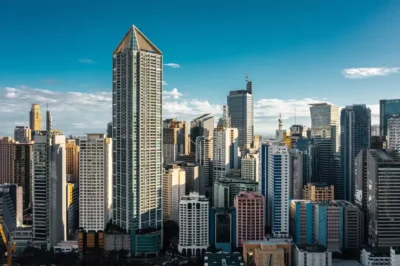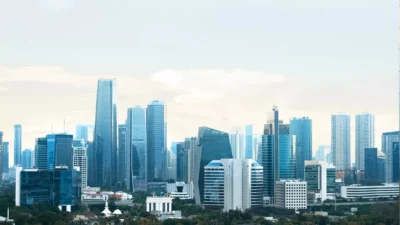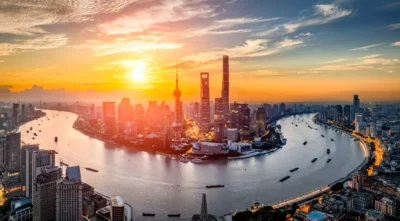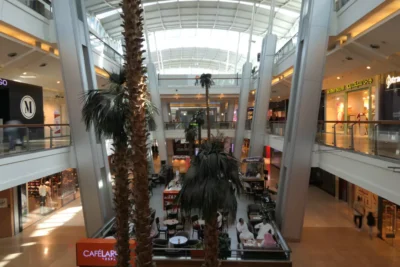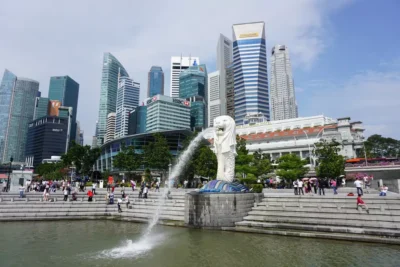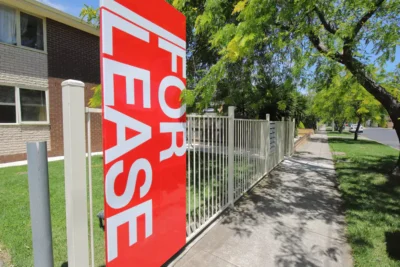Where are the most expensive Asian cities for construction?
Builders worldwide face challenges from trade tensions and volatility of materials supply
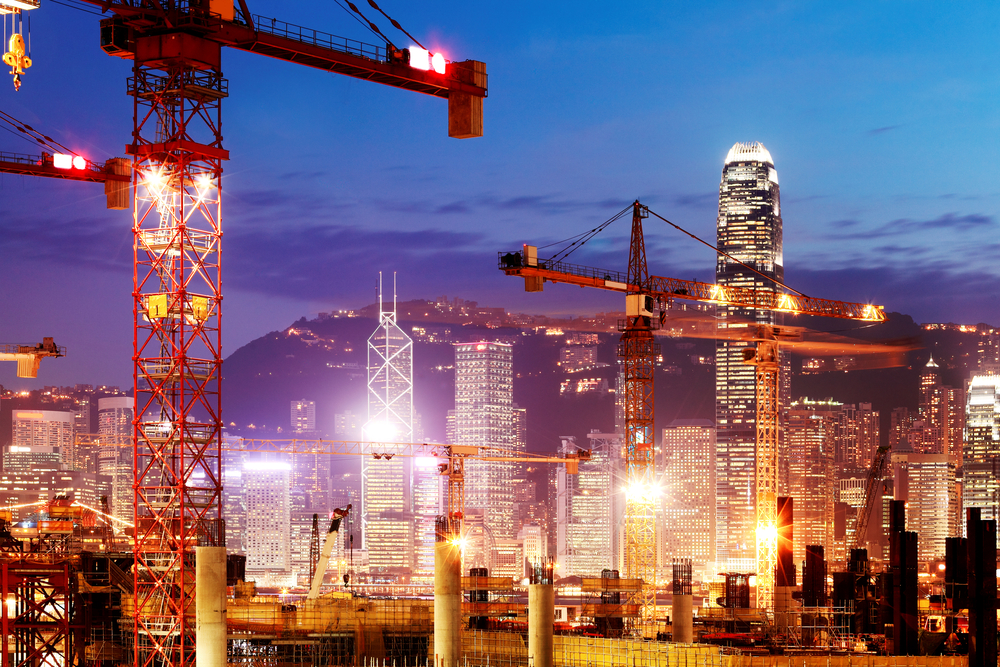
Hong Kong, Macau, Tokyo and Singapore rank top in Asia for cities with the highest construction costs, according to the International Construction Costs 2019 report by management consultancy Arcadis.
Although its tender price index will likely decrease between two to zero percent this year, Hong Kong ranks third among 100 cities worldwide for priciest construction costs, trailing summit-holder New York City and runner-up San Francisco.
“Hong Kong’s construction industry has some core challenges including a relatively low technology adoption rate, a shortage of land and a pressing need to improve productivity levels. The price of steel increased from a market low in 2016, and the price of sand has seen a sharp rise since an industry low in 2017,” Arcadis noted in its report.
More: Keeping Jakarta and Bangkok afloat
The price for other core construction materials will remain stable over 2019, with Hong Kong’s construction market poised to grow by 1.5 percent this year.
With tender prices forecast to grow three to five percent this year, Tokyo ranks ninth costliest city in the world for construction, third in Asia, while Macau sits in seventh place globally, second in Asia.
Singapore is the most expensive in Southeast Asia, 48th worldwide. “Singapore remains the fourth most expensive city in Asia to build in and it’s clear that many developers are aware of the pressing need to improve productivity,” noted Khoo Sze boon, head of cost management & quantity surveying at Arcadis Singapore, to The Independent.
Investing in technology and digitalisation can help developers create better-quality development, strengthen competitive advantage, and “ultimately light a path towards long-term value creation,” added Khoo.
Political uncertainty, erratic global markets, and trade conflicts, however, have all contributed to a dubious outlook for the construction sector. New tariffs and policy measures have hampered the viability of supply lines in some markets and consequently impacted the price and sourcing of goods, as well as client confidence in delivery of projects.
“For the construction industry, which has been behind the curve, now is the time to fully embrace advancements in technology, as a means of overcoming global economic headwinds, by boosting productivity and cutting costs,” Arcadis stated in its report.
Recommended
Philippine real estate sees growth in regional markets despite challenges in Metro Manila
Amid pressures, developers and investors are capitalising on a range of opportunities to drive growth in the nation's real estate sector
Bali leads the charge in Indonesia’s rental boom while other regions struggle to keep pace
The rental market is soaring in Bali due to its rich cultural heritage and island charm, while other regions of Indonesia are experiencing less success
Rental markets surge in Asia as digital nomads find new opportunities with visa reforms
As countries in Asia roll out customised visa programmes, rental markets are thriving with the influx of remote workers
China’s hospitality market thrives as developers sell off assets to spark recovery
China’s indebted developers are divesting hospitality assets to generate growth and enhance the outlook of the country’s real estate market

